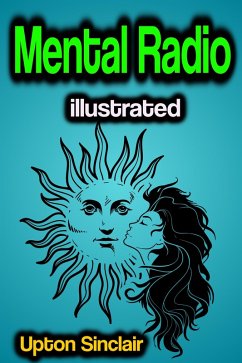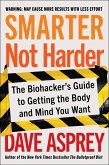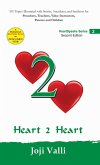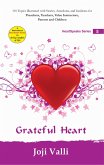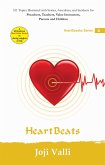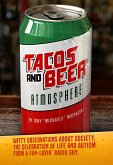Mental Radio illustrated Upton Sinclair - "Mental Radio" documents Sinclair's test of psychic abilities of Mary Craig Sinclair, his second wife, while she was in a state of profound depression with a heightened interest in the occult. She attempted to duplicate 290 pictures which were drawn by her brother. Sinclair claimed Mary successfully duplicated 65 of them, with 155 "partial successes" and 70 failures. The experiments were not conducted in a controlled scientific laboratory environment. Fully illustrated with the original artwork.
Dieser Download kann aus rechtlichen Gründen nur mit Rechnungsadresse in A, B, BG, CY, CZ, D, DK, EW, E, FIN, F, GR, H, IRL, I, LT, L, LR, M, NL, PL, P, R, S, SLO, SK ausgeliefert werden.

